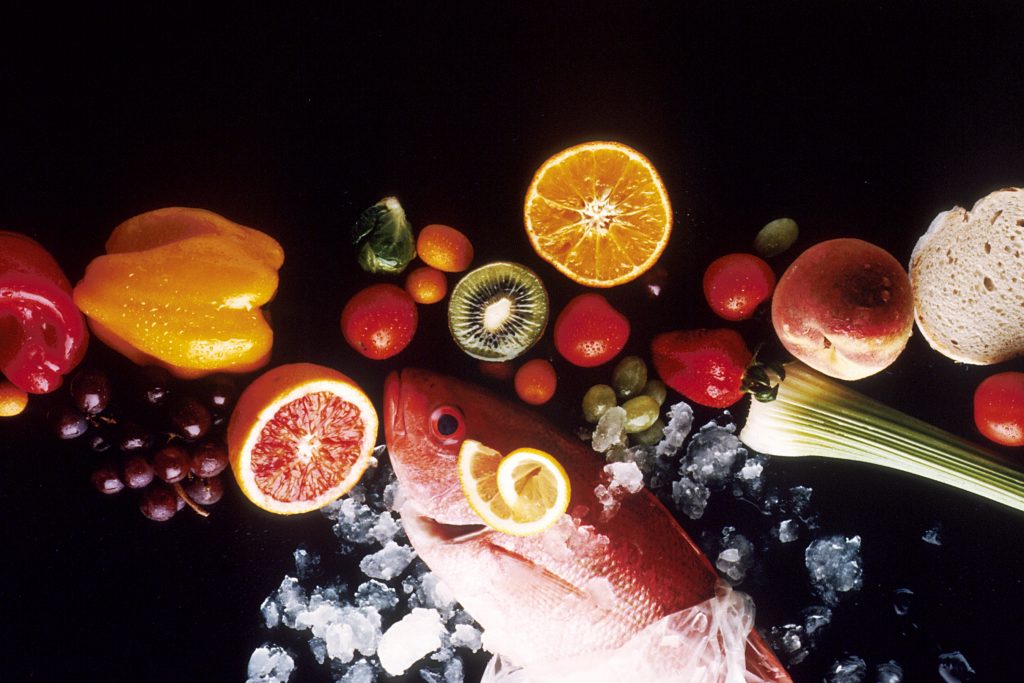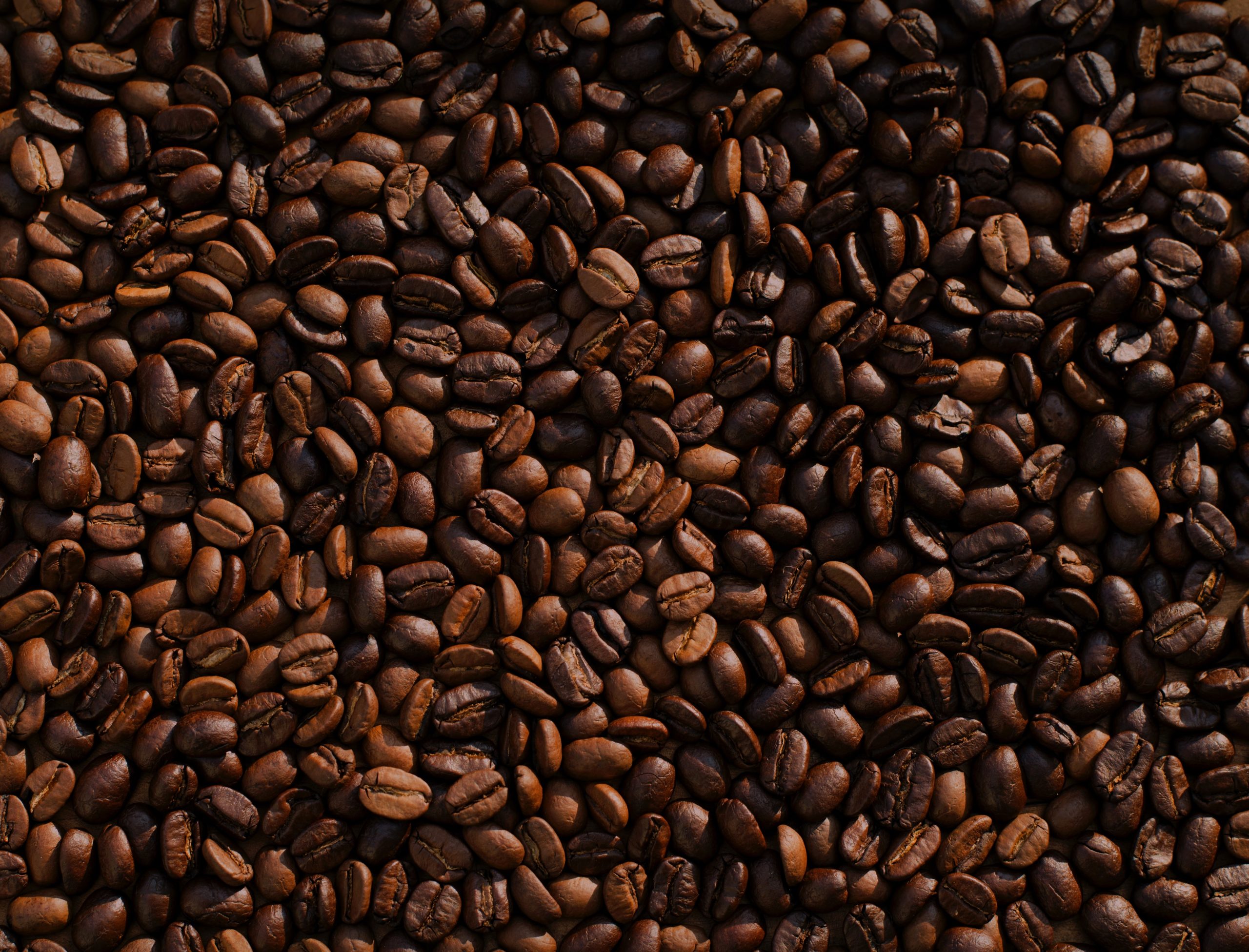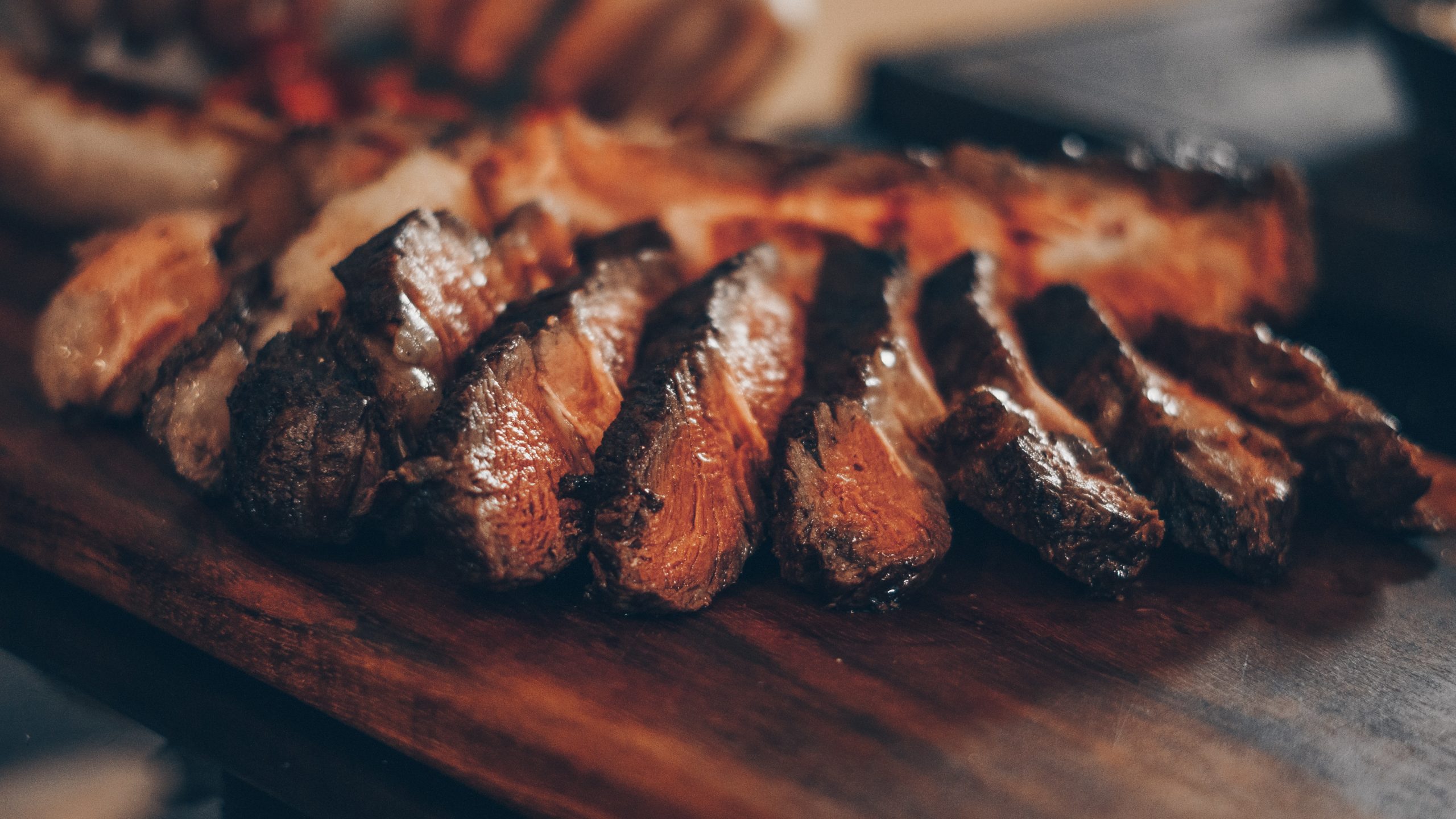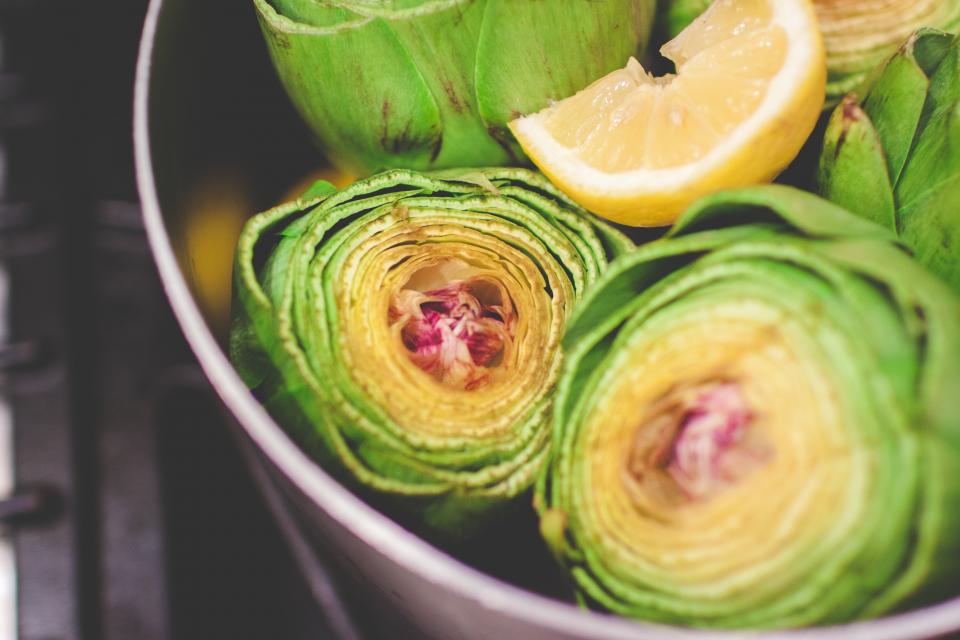
You can do better than a Snickers bar.
Hitting the gym is just half the battle. Can’t seem to put on more muscle? Too exhausted to come back the next day? Chances are, the problem isn’t your fitness routine—it’s what’s on your plate. Below, seven powerhouse foods to make your workout count.
Whey
In Brief: Fat-torching, energy-restoring protein, plus lactoferrin for immune support The Lowdown: Those muscles aren’t going to build themselves—especially not after a hard gym session, when proteins degrade faster than ever. That’s where whey comes in. Powdered, one scoop contains almost as much protein as a whole chicken breast—but make no mistake: It does more than pump your pecs. Ingested after exercise, whey produces an insulin spike, encouraging muscles to absorb glucose and replenish energy stores, all while naturally occurring lactoferrin gives your immune system a boost. The best part? Research shows that people who supplement with whey burn nearly twice as much body fat as those who don’t. How to Eat It: It’s not just for muscleheads anymore. Make the most of your protein powder by pairing it with carbohydrate-rich foods like juices, shakes, or even a bowl of polenta.
Eggs
In Brief: A complete protein source, including branched-chain amino acids for faster recovery
The Lowdown: Trendy foods come and go—but “an egg is the gold standard,” says dietitian Leah Mark, M.S., C.D.N., C.P.T. Though they weigh in at just 70 calories apiece, eggs contain all nine essential amino acids (the building blocks of protein), plus branched-chain amino acids, which help reduce muscle damage in the body. And if you’re after the most nutritional bang for your buck, don’t even think about throwing away the yolk: That golden center is home to half the protein, not to mention all of the egg’s vitamin D and omega-3 fatty acids.
How to Eat It: Eggs. Toast. You know the drill. As for Rocky’s infamous sports drink, “there’s no evidence that raw eggs beat cooked,” says Michael Matthews, author of Bigger Leaner Stronger: The Simple Science of Building the Ultimate Male Body. “If it makes you feel like more of a badass, that’s reason enough to do it, though.”
Sweet Potatoes
In Brief: A good nutrient-rich source of carbohydrates
The Lowdown: Protein alone doesn’t cut it, says nutritionist Dallas Hartwig, M.S., P.T. To power intense workouts, the body breaks down muscle glycogen—your energy reserves—so you’ll need wholesome, plant-based carbohydrates afterward if you’re going to be in shape for the next sweat session. Your best bet? Sweet potatoes. Turns out, under the usual butter and cream, these humble roots are actually a bonafide superfood, complete with three days’ worth of vitamin A and 26 grams of carbohydrates to restore your glycogen supply. Plus, each vegetable contains a healthy dose of fiber, keeping you full—and far away from the gym vending machine.
How to Eat It: Sports dietitian and owner-director of Nutrition Energy in New York City Lauren Antonucci, M.S., R.D., C.S.S.D., C.D.E., C.D.N., recommends consuming half your metric body weight in grams of carbohydrates after exercise—which means a single sweet potato will put you well on your way to recovery. Use one (or another beta-carotene-rich food like pumpkin) to bulk up your post-workout smoothie or oatmeal.
Avocado
In Brief: Monounsaturated fat for muscle repair and B vitamins to jump-start your metabolism
The Lowdown: Don’t be afraid of the f-word. “An ideal recovery meal should also include good fat, which is needed for healing muscles and joints,” says sports nutritionist Cynthia Sass, M.P.H., M.A., R.D., C.S.S.D. and author of Slim Down Now. Avocado is a no-brainer: In addition to healthy fats, which are crucial for absorbing vitamins A and E, it contains a suite of B vitamins that help your body metabolize all those healthy carbohydrates and proteins you’ve been packing away. To top it off, studies show avocado may even reduce your risk of prostate cancer, too . . . as if you need another reason to hit the guacamole.
How to Eat It: Tuck a few slices into an omelet, or turn the whole fruit into a superfood smoothie.
Cherry Juice
In Brief: An arsenal of antioxidants to fight off muscle damage
The Lowdown: You already know that cherries are good for your sex life, right? Luckily, the same antioxidants that get things going in the bedroom will help you out at the gym, too: A study in the British Journal of Sports Medicine found that subjects who drank 24 ounces of tart cherry juice every day (the equivalent of about 120 whole cherries) experienced less muscle soreness and just a fraction of the usual strength loss after exercise.
How to Drink It: Avoid brands made from concentrate. Fresh juices are more likely to preserve the beneficial anthocyanins and flavonoids naturally found in cherries.
Green Tea
In Brief: An energy boost when you need it most, together with fat-burning, free-radical-fighting compounds
The Lowdown: Green tea is the new green juice. More than just a caffeinated pick-me-up, green tea contains powerful antioxidants that help metabolize fat and fight exercise-induced free radicals that would otherwise cause inflammation and muscle soreness. The real kicker? Green tea is good for you well beyond the gym, says Antonucci: Epigallocatechin gallate (EGCG), one of its key compounds, has been shown to help treat a number of chronic inflammatory conditions, from cancer to Alzheimer’s and heart disease.
How to Drink It: Go old-school and master the art of matcha—or plan ahead and brew a batch of ginger-infused tea before you leave for the gym. It’ll be perfectly chilled by the time you get home.
Chocolate Milk
In Brief: All the hydration you need, plus nutrients to help you recover
The Lowdown: After a light workout, water will hydrate you just fine. But when you max out in the weight room? Drink like a 6-year-old. “Chocolate milk is a great option for recovery,” says sports nutritionist Heidi Skolnik, M.S., C.D.N., F.A.C.S.M. “You’ll get plenty of fluid, together with carbohydrates and protein.” In fact, you can go ahead and toss your old sports drink now: Researchers found that chocolate milk restores muscle glycogen and rehydrates the body just as well as Gatorade—but as an added bonus, it packs a gold mine of calcium, healthy fats, and whey protein.
How to Drink It: Make a batch at home. It takes just 15 minutes, and you can throw in a cup of sweet potatoes for the ultimate recovery drink.






